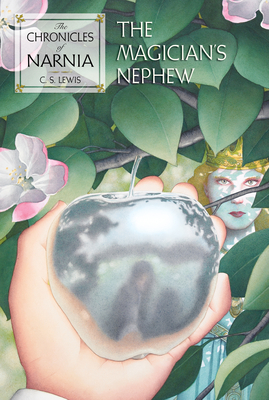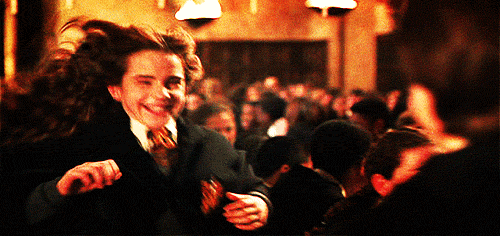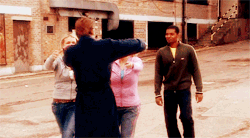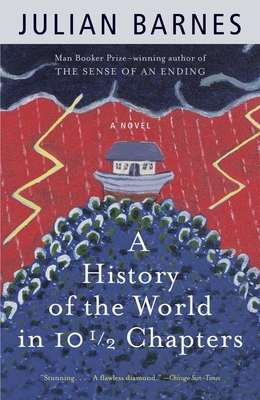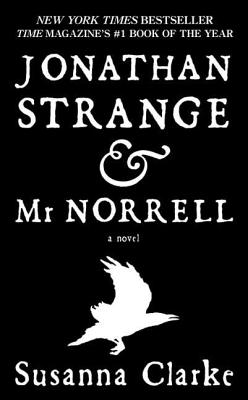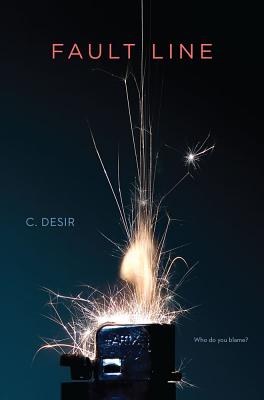 My fourth Fourteenery read is Christa Desir’s Fault Line, and I’m going to go out on a limb and say it’s the grittest and most heartbreaking debut of the ’13/’14 season. As a warning, I will say that I’d only recommend Fault Line to mature teen readers and it could be a potentially triggering read. But it’s a book that doesn’t shy away from the harsh, real issue of sexual assault that all too many teens are dealing with. Here are my ten reasons why you should read Fault Line:
My fourth Fourteenery read is Christa Desir’s Fault Line, and I’m going to go out on a limb and say it’s the grittest and most heartbreaking debut of the ’13/’14 season. As a warning, I will say that I’d only recommend Fault Line to mature teen readers and it could be a potentially triggering read. But it’s a book that doesn’t shy away from the harsh, real issue of sexual assault that all too many teens are dealing with. Here are my ten reasons why you should read Fault Line:
1. Ben
Most of the YA novels I read have a female protagonist. Ben was a refreshing change, as he always felt like a typical guy I might have gone to high school with. I hope this means it appeals to readers of both genders.
2. Ani
Ani always felt like a full character to me, not like a character in an “issue” novel created so the author can talk about a given issue. I loved her fierceness and heart in the early pages of the novel, and my heart continually broke for her after that awful night, as she tried coping with having been raped and being tormented at school for being a so-called slut.
3. Survivor Support
Lots of other YA books dealing with sexual assualt, including equally powerful YA class Speak by Laurie Halse Anderson, look at it from the survivor’s perspective. I love that Fault Line is structured from the perspective of Ben. It’s a great reminder that sexual assault doesn’t just affect the person who’s been assaulted. We’re all affected and thus we all have a responsibility to stand against it.
4. Being There for Someone
When something horrible happens to someone we love, we want to “be there” for them and support them. But what does that really mean? How can you support someone who’s going through a lot of awful and complex emotional reactions? I totally sympathized with Ben as he tried to figure out how to help Ani.
5. Coping Mechanisms
After being raped, Ani experience anger, guilt, denial, etc. She lashes out, withdraws, and puts herself in further damaging situations as she tries to deal with her pain. As hard as it was to read, I was glad to see Ani’s reaction to being raped as being complicated and changing as she tried to cope with what had happened.
6. Trying and Failing
Ben wants to help Ani, but he doesn’t always know how–and as a result, doesn’t always make good choices in his attempts. I liked that he got frustrated and felt hopeless, and wasn’t always calm and helpful. Again, it was hard to read, but it felt like the actions of a very real teenage book who doesn’t know what to do.
7. “The Manhole”
Another hard but realistic part of Fault Line was Ani and Ben’s peers’ reactions to the rape. Ani is called the worst slut-shaming names I’ve seen in YA and, unfortunately, it totally rang true for me in terms of what a teen girl would experience in that situation. I hope that readers see how Ani is treated and reevaluate their own behavior in how they treat so-called sluts at school.
8. Family Life
I have a special affection for Ben’s family. His relationships with his parents and his younger brother felt so real, and I was glad to see they played a part in his everyday life. (So often, families take a minor role in YA.) Also, Ben’s from a biracial family–something else you don’t see too often in YA.
9. Real World Help
Christa is donating a portion of her book’s proceeds to help sexual assault victims. This is an author who walks the walk.
10. Christa’s Rules
Christa Desir was able to create such a complex, gritty book because she’s worked extensively with and deeply cares about sexual assault survivors. Christa is a passionate, caring, amazing person who seems to understand everyone. In the Fourteenery, we live by Christa’s rules.
Fault Line is out now, so make sure you buy a copy and check out this powerful and arresting read.
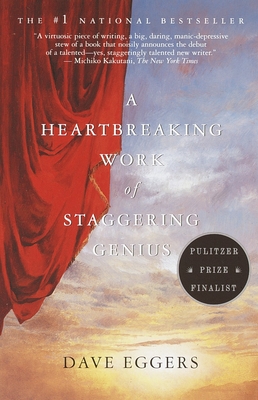 1. A Heartbreaking Work of Staggering Genius by Dave Eggers
1. A Heartbreaking Work of Staggering Genius by Dave Eggers
